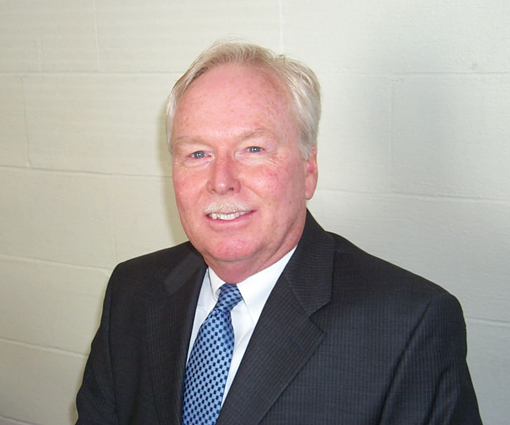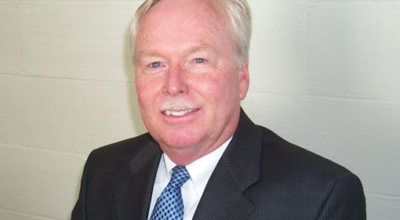Who knows what to believe
Published 4:09 pm Tuesday, March 31, 2020
|
Getting your Trinity Audio player ready...
|
Before anyone takes what I write out of context, let me say that I am no rebel when it comes to the mandates of what we are supposed to do. I think this coronavirus is serious and I am willing to do my part as it pertains to staying away from large groups.
As a United Methodist pastor, our South Georgia Bishop is the episcopal leader of our denomination. What he asks, I am going to do, whether I like it or agree with it. Again, I am no rebel, but rather a proponent of the Bible’s verses in Romans 13 to “submit to the governing authorities.” Paul continues to say that “The authorities that exist have been established by God.”
The President of the United States has asked us to continue our current, stringent rules of social engagement or, more honestly, dis-engagement. He feels that his advisors, those doctors to whom he is listening, have given him appropriate advice. The President’s natural instincts are to get back to work, I think, but he is acceding to their advice and, as a good American citizen, I will do my part. Period. End of sentence.
Having said that, I worry about the ramifications of what we are doing. And I wonder what the truth about this virus is. Who knows what to believe?
There is a saying in Mark Twain’s Chapters from my Autobiography that I have been pondering. We know Mark Twain as one of America’s greatest humorists. He didn’t originate the saying, but made it famous. Twain said, “There are three kinds of lies: lies, damned lies, and statistics.”
The projected statistics from scientists or media outlets are all over the place. One of the first estimates of fatalities from the virus came from London’s Imperial College study and Dr. Neil Ferguson. The March 17 headline from the study warned of 2.2 million deaths in the United States and 500,000 in the United Kingdom.
Here in the United States, many of our emotions were set in stone by that study from the prestigious college. We quaked and instituted policies based upon those horrendous projections. As that study was reported by all the media, we had a right to be scared stiff by this impending calamity.
As reported in an article in Real Clear Politics, “By last week, Dr. Ferguson had changed his predictions.” Dr. Deborah Birx, who has become famous for her work on the President’s Coronavirus Task Force, told us of the new prediction.
The projected deaths in the United Kingdom had been reduced from 500,000 to 20,000. The smaller number would still be significant, but there is a lot of difference between a high of 500,000 and a more realistic prediction of 20,000.
It’s par for the course that the initial prediction garnered headlines in the most prominent outlets, but the adjusted number was hardly reported.
I’m not trying to say that even one death is okay. It’s not, but William Bennett, a former cabinet member under President Reagan and the Director of the Office of National Drug Control Policy under the first President Bush, says that we have lost perspective. His article that I quoted from a moment ago is entitled “A Second Opinion.”
Bennett is not saying we need to relax all precautions. I don’t believe that either. I am comfortable with the current actions and timetable. If by our social distancing and our closing of unessential businesses for another month we save one life and win the war against this virus, I say “Hallelujah! It was worth it.”
I just want our nation to get good information and make sound decisions. And I want us to recover. Is that too much to ask?



